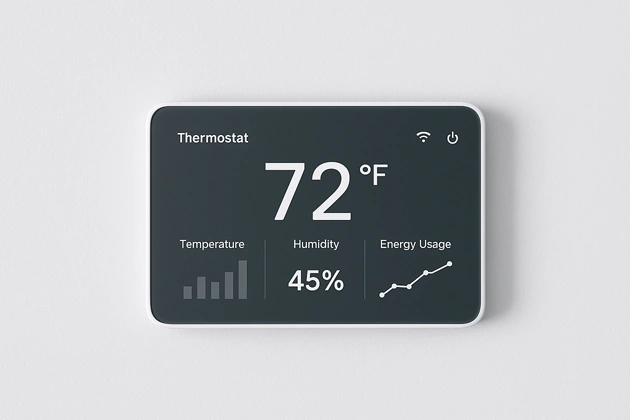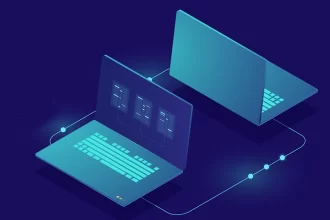In the evolving landscape of hospitality, smart rooms equipped with IoT technology are revolutionizing how CEOs drive profitability. By leveraging real-time data from these intelligent systems, businesses can enhance operational efficiency and make strategic decisions that boost revenue. Integrating these insights through a comprehensive PMS system ensures streamlined operations and a strategic advantage.
The hospitality industry is increasingly adopting smart room technology to enhance guest experiences and optimize resource management. For CEOs, the ability to harness data from IoT-enabled rooms means gaining insights into guest preferences and operational efficiencies. This data-driven approach allows for precise forecasting and strategic planning, directly impacting profitability. One PMS system centralizes critical metrics, providing CEOs with the comprehensive data needed to navigate complex business landscapes effectively.
Impact of real-time device data
Incorporating IoT technology into hospitality operations offers numerous benefits, particularly in real-time data collection. Smart rooms generate valuable insights into guest behavior and preferences, which are crucial for tailoring services and enhancing guest experiences. By analyzing this data, CEOs can develop targeted revenue strategies that maximize profitability while ensuring customer satisfaction.
Real-time device data also plays a pivotal role in resource allocation. Understanding peak usage times for amenities like heating, cooling, or room service can help optimize energy consumption and staff deployment. This not only reduces operational costs but also improves service quality by anticipating and meeting guest needs more efficiently. Ultimately, this level of insight empowers your team to make proactive decisions that support long-term business growth.
The continuous flow of information from IoT devices allows for dynamic adjustments to strategies as market conditions change. This agility is essential in staying competitive and maintaining high levels of customer satisfaction. As you integrate these insights into your decision-making processes, you’re better positioned to anticipate trends and adapt your offerings accordingly.
Role of a comprehensive PMS system
A robust property management system (PMS) is integral to harnessing the full potential of IoT analytics. Such a system acts as a centralized hub where all relevant metrics converge, providing a cohesive overview of operations across your establishment. This consolidation simplifies the management process, offering you clear insights into performance indicators without overwhelming you with disparate data sources.
For CEOs, the ability to access real-time analytics through a PMS means making informed decisions swiftly and confidently. Whether it’s adjusting pricing strategies based on occupancy trends or reallocating resources in response to fluctuating demand, having all necessary information at your fingertips enhances strategic agility. This holistic approach ensures that each decision aligns with broader business objectives and contributes to sustained profitability.
Furthermore, a comprehensive PMS facilitates seamless communication across departments, fostering a culture of collaboration and innovation. By integrating IoT insights into daily operations, your teams can work together more effectively to deliver exceptional guest experiences and drive business growth.
Optimizing load management with IoT analytics
Effective load management is critical in maintaining operational efficiency within hospitality establishments. IoT analytics provide detailed insights into energy consumption patterns, enabling you to implement measures that reduce waste and lower costs. By tracking usage in real time, you can identify inefficiencies and adjust systems accordingly to optimize performance.
This proactive approach extends beyond energy management; it encompasses various operational facets such as housekeeping schedules and inventory management. With IoT-driven analytics, you gain a comprehensive understanding of how different elements interact within your business ecosystem. This knowledge allows you to streamline processes, minimize downtime, and enhance service delivery.
Implementing these strategies not only boosts operational efficiency but also enhances sustainability efforts—a growing priority for many guests today. By demonstrating commitment to sustainable practices through optimized load management, you strengthen brand reputation and attract environmentally conscious travelers.










